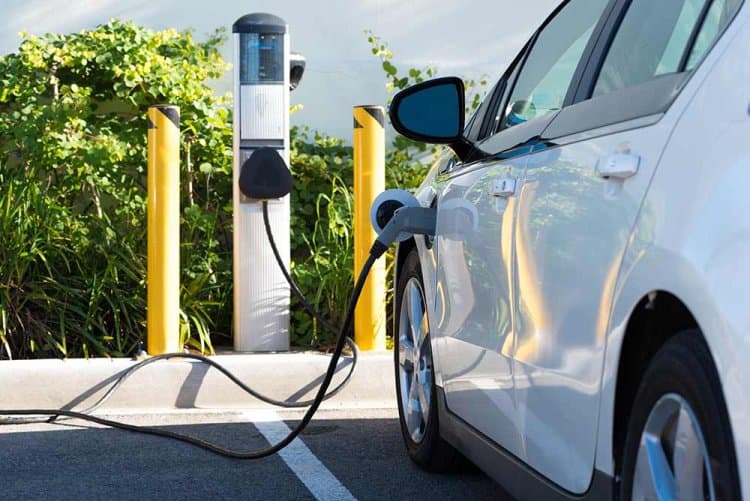For any legal queries or information, contact ask@tlr.ae or call us on +971526443004

Oman Implements Tax Exemptions and Regulations to Promote Electric Vehicles
In a move aimed at promoting the adoption of electric vehicles (EVs) in Oman, the Tax Authority has announced significant tax exemptions for EVs and EV parts. The sultanate will waive the value-added tax (VAT), customs tax, and registration fee for electric vehicles. Additionally, the Authority for Public Services Regulation (APSR) has introduced a new set of regulations to govern the charging infrastructure for electric vehicles.
Under the guidelines provided by the Tax Authority, the exemption of VAT on EVs is subject to specific conditions. The vehicle must be powered entirely by electricity or hydrogen, and it must be registered in Oman as an electric vehicle or a hydrogen-powered zero-emission vehicle in compliance with the established processes. The EV must also adhere to Oman's accepted specs and norms. Purchasing an EV and its spare parts must be done by a person or entity holding a registered VAT account in Oman.
It is worth noting that VAT-registered and non-registered entities can import EVs or hydrogen-powered vehicles without incurring VAT, aligning with the established procedures set by the General Administration of Customs and customs tariffs.
To ensure a reliable and efficient charging infrastructure, His Excellency Salem bin Nasser Saeed al Aufi, Chairman of the Board of Directors of APSR, issued decision No 2023/15, laying out EV charger regulations. According to the new law, anybody who owns or manages a private or public electric charging station is required to follow the technical and regulatory specifications established by APSR and the appropriate authorities.
Under the new decision, individuals are permitted to install private electric charging points within their residences. However, prior approval from the concerned electricity distribution company is mandatory before installing a private or public electric charging point. The responsibility of installing and operating a private electric charging point lies with the property owner, who must secure written consent from the property owner if the property is rented. Regardless of tenant involvement, the property owner bears the responsibility for ensuring compliance with regulations. The commercial use of private electric charging points is strictly prohibited by law.
With these tax exemptions and regulations, Oman aims to encourage the adoption of electric vehicles and create an infrastructure that supports their widespread use. By promoting cleaner transportation options, the sultanate takes a significant step towards reducing carbon emissions and fostering sustainable development in the country.